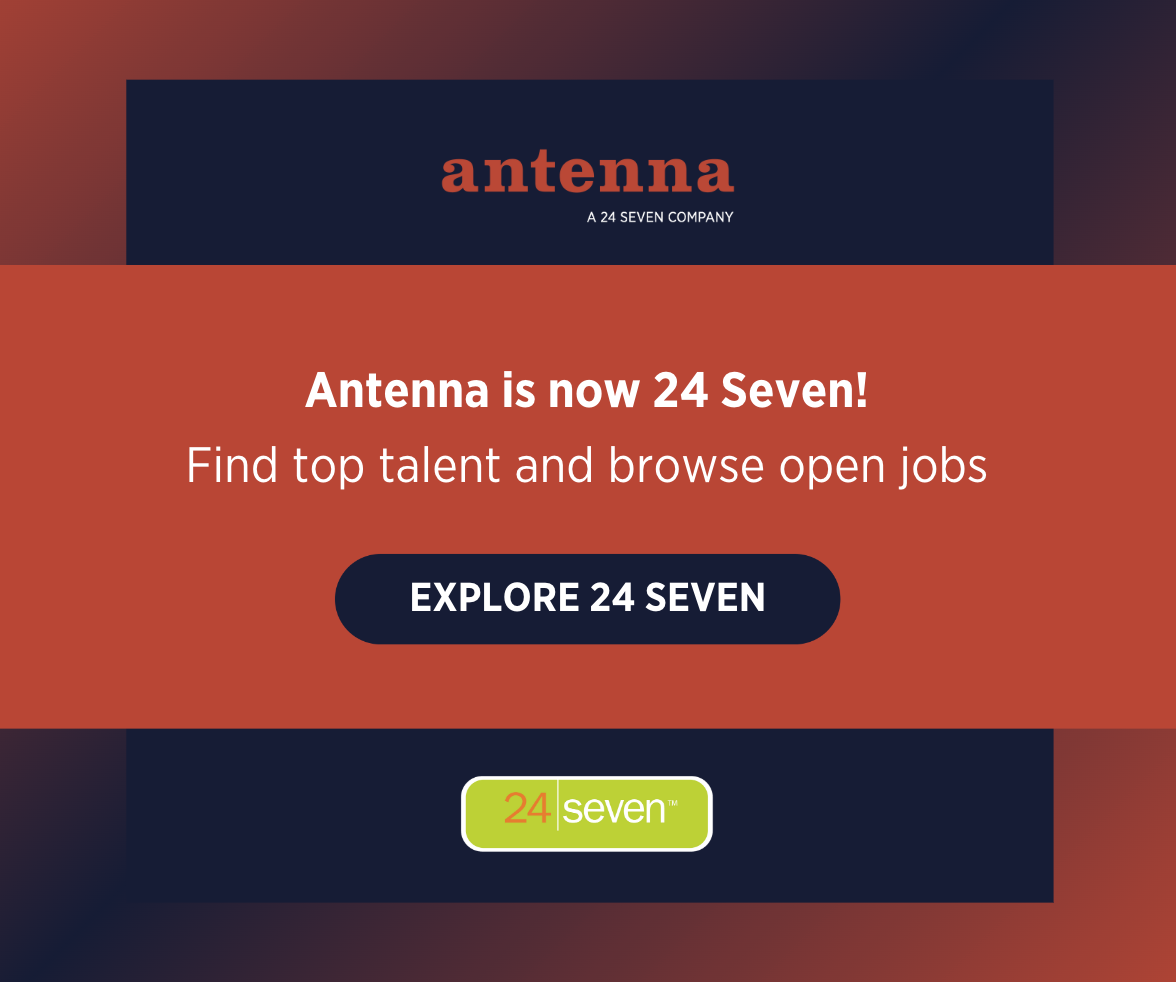
The Secret Weapon for a High-Performing Culture
In a collaborative space, trust, support, and the ability to take the perspective of others is crucial for success and team health. Marketers of all stripes rely on collaboration and communication to get ahead, and compassion may well be a secret weapon for modern marketing teams. It’s no surprise that trust fosters teamwork, but building supportive and encouraging relationships takes dedicated effort.
Christopher Clarke, former Creative Director for Oath, worked with a team that has been developing kindness as a core virtue of their company – not just because it feels good, but because it contributes to the bottom line. Clarke worked closely with his leadership team to create these environments, and explains the why, and how, of kindness and compassion for any business.
Safety First
Kindness and compassion are crucial when you take a moment to consider an environment without them. Worry has physical effects on the body. We know that our brains process emotion pain and threats in the same way they process physical pain. On the other hand, comfort gives confidence. Clarke demonstrates this fear reaction through a gorgeous short film called the Ten Meter Tower.
Our amygdalae interpret emotional distress as a physical threat, and hijack higher functions like creativity. Maslow’s hierarchy of needs clearly shows that for the brain activities essential to workplace collaboration and success, a person needs to feel safe and supported. Kindness and compassion across the team help create an environment where truly outstanding ideas can come to light.
From Safety to Supported Risks
Clarke explained workplace emotional safety through an insight his daughter shared with him. They were at an amusement park, getting ready to ride a big roller coaster. “Aren’t you scared?” he asked her. “Of course I’m scared,” she said, “but I’m going to do it anyway.”
At work, we need to be able to take these risks. A supportive environment means that you won’t be punished for making a mistake or trying something that ends up not working. Many teams are always trying to push the envelope, but it’s easy to go from challenging to threatening and ruin the emotional safety that’s key for spontaneity.
If your workplace is pitting people against each other, you’re creating unnecessary, and unhelpful, stress in the system. A little challenge can go a long way – the courage to ride one roller coaster might embolden you to try something even wilder, but a team-first attitude means that you have someone to ride with you, and be there to hold your hand during the scary parts.
Put It to Work
By bringing kindness and compassion to our workplaces, we increase the safety, support, and intentionality of our environments. Maybe your company has these ideas baked into their values already, or maybe these ideas seem brand new. Either way, start incorporating these ideas right away:
- Develop a routine – maybe it’s something you incorporate into a weekly team meeting, or a rhythm you establish as a manager to check in regularly, if casually, with each of your team members. It could be something playful and centering at the start of a brainstorming session or something larger like quarterly kindness awards for stand-out team members. Whatever it is, make it “simple but signature,” and something you can repeat regularly.
- If you really don’t know where to begin, start by smiling more. Joy and positivity are often the cause of smiling, but can also be the result. Modern neuroscience is showing that emotions can go from the outside in, and simply putting a quiet grin on your face can turn your attitude around.
- Ask people how they’re doing, and be sincere. People can tell when it’s elevator chit chat and when you are really giving them an opportunity to be seen and heard. This is an incredibly fast way to build trust and emotional safety on your team.
- Listen and be present when others are talking. Dial in to that outer focus and really receive the person who is speaking. Whether it’s chatting about weekend plans or a creative idea at a meeting, deep listening is rare, valuable, and absolutely revolutionary. Make sure that you’re creating the conditions to listen deeply when you need to, and be willing to ask someone to repeat themselves if you check out. They’ll appreciate that you want to tune in – just make sure you are really there for them when you say you will be.
- Let go of your judgments. You know the nature of your own monkey mind. Things pop up and rattle around and get stuck – allow that for others. Give them the benefit of the doubt and let go of overanalyzing or reading too much into your interactions. Once you can build this sense of compassion and seeing yourself in others, and others in yourself, you’ll be able to work together much more harmoniously.
Millennials aren’t the only ones looking for meaning and authenticity at work. We know that transparency, sincerity, and connection are vital for brands and customers, so why not the teams that build those relationships? Let where and how you work align with what you do. While focusing on team emotional health and collaboration may seem like a luxury at first, the brands that get ahead, and stay ahead, know that they’re the foundation of what they do.
Subscribe to our blog to get the latest post delivered to your inbox weekly.
Stay connected with Antenna. Follow @Antenna for our take on marketing trends, corporate culture, and current events.
ABOUT ANTENNA
Antenna is a leader in delivering top marketing professionals to corporations of all sizes for project-based consulting, interim leadership assignments, executive search, and contract staffing engagements. With headquarters in Minneapolis, Antenna draws from its private community of experienced marketing talent to help clients balance the flexibility and expertise modern marketing organizations demand.
